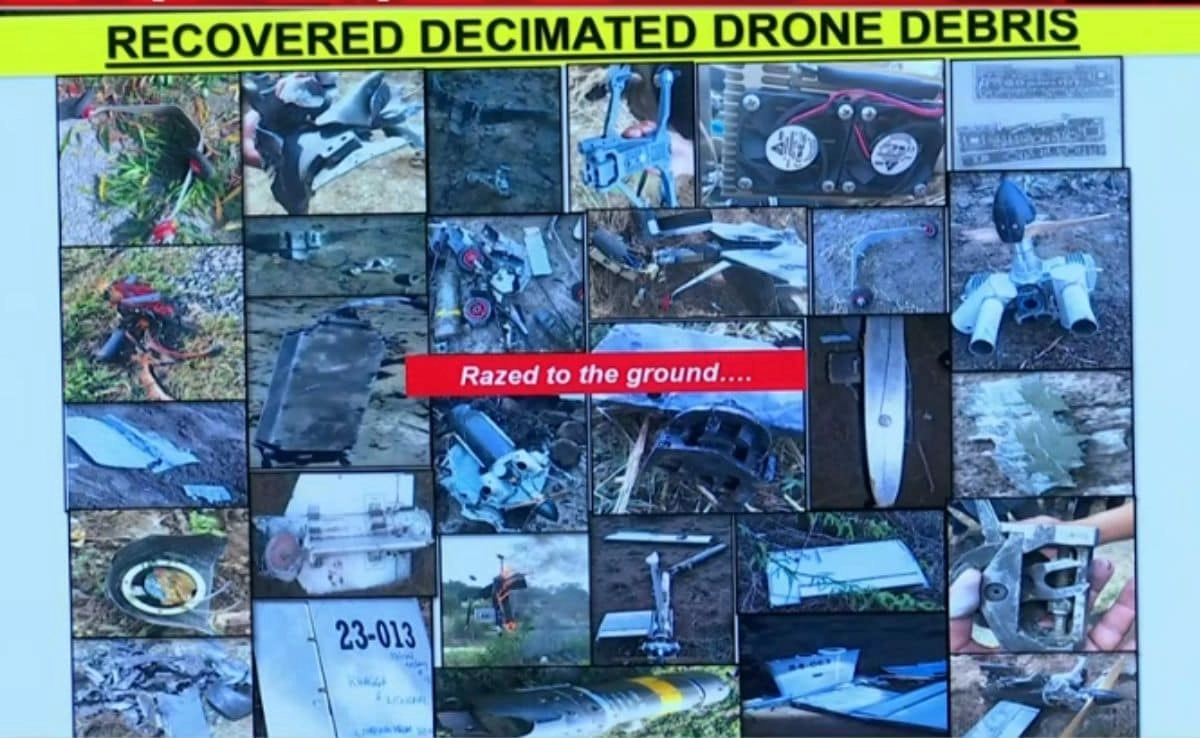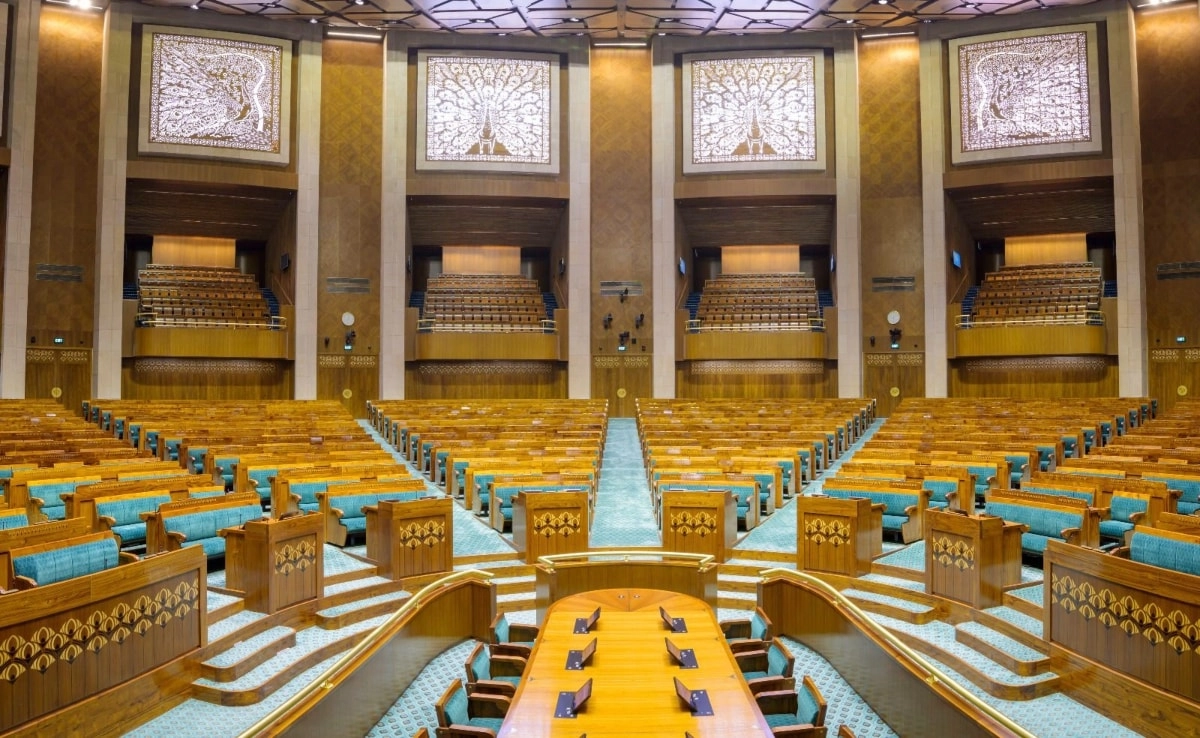In a recent statement, Indian Prime Minister Narendra Modi drew attention to the state of Pakistan’s military capabilities, particularly its drones and missiles. During a rally, he metaphorically likened the situation to scattered straws, suggesting that Pakistan’s defense systems are in disarray and lack the cohesion and effectiveness necessary to pose a significant threat to India. This comment reflects a broader narrative in Indian politics, where national security and defense are often at the forefront of public discourse, especially in the context of India’s historical tensions with its neighbor.
Modi’s remarks come at a time when regional security dynamics are evolving, with various nations recalibrating their military strategies in response to perceived threats. The Prime Minister aimed to reassure the Indian populace about the country’s preparedness and resilience in the face of potential aggression. By diminishing the perceived threat from Pakistan, he sought not only to bolster national confidence but also to reinforce the government’s commitment to maintaining a robust defense posture. The metaphor of scattered straws effectively conveys the message that India remains vigilant and capable of countering any challenges that may arise from across the border.
This discourse is also significant in the context of ongoing debates within India about defense spending, military modernization, and regional alliances. As India continues to invest in advanced technologies and strengthen its military partnerships with other nations, Modi’s comments serve to underscore the government’s focus on ensuring that India remains a formidable force in South Asia. The emphasis on Pakistan’s weakened military capabilities aligns with the broader strategy of showcasing India’s growing strength and stability in contrast to its neighbor’s struggles.
In summary, PM Modi’s remarks regarding Pakistan’s military capabilities not only aim to project strength and confidence but also reflect the complex and often tense relationship between the two nations. By emphasizing the perceived ineffectiveness of Pakistan’s defense systems, the Indian government seeks to foster a narrative of security and preparedness among its citizens while navigating the intricate landscape of regional geopolitics. This rhetorical strategy highlights the ongoing interplay of power, perception, and politics in South Asia, where military capabilities and national narratives significantly influence public sentiment and policy decisions.




